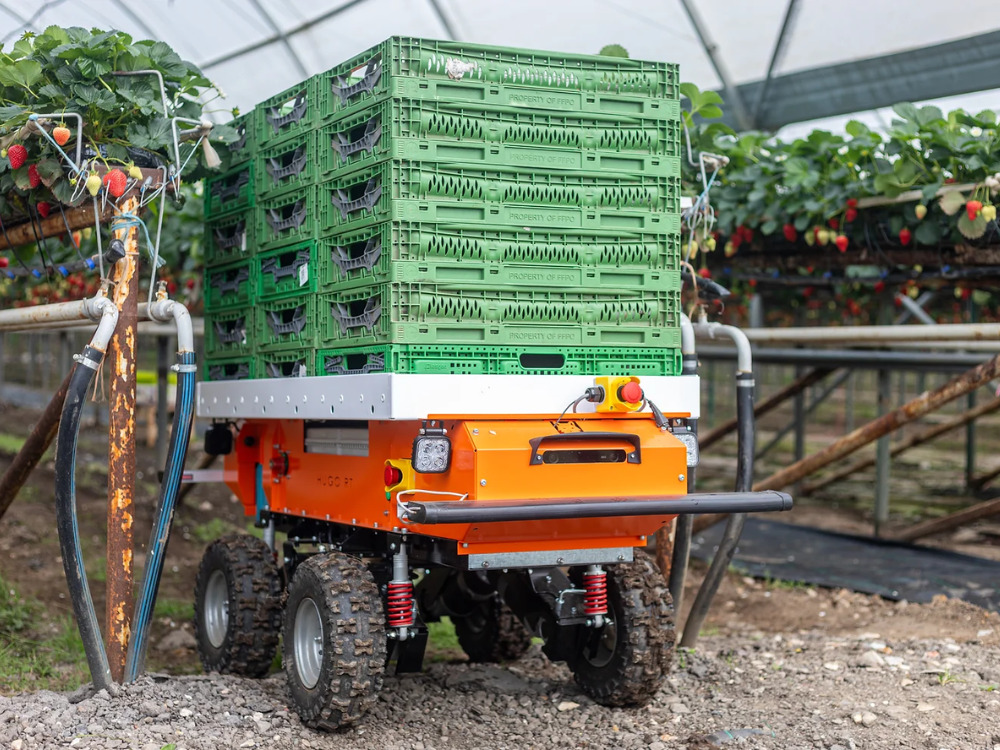Gauidó has long outlived his usefulness. Now, he and the “interim” government he fronts are an obstacle in the way of reopening Venezuela’s oil market to US oil majors.
The foreign policy establishment in Washington is in the process of redrawing the lines of its relationship with Venezuela, whose economy it has been trying to systematically destroy for the past seven or eight years, with devastating consequences. In 2019, the Centre for Economic and Policy Research (CEPR) published a report alleging that U.S. sanctions on Venezuela had killed tens of thousands of people by crippling its ability to produce its number-one export commodity, oil, or import basic goods.
Venezuela boasts the largest oil reserves on the planet, estimated at more than 300 billion barrels, as well as 201 trillion cubic feet (Tcf) of proven gas reserves. And the US economy desperately needs to tap new energy sources to cushion the impact of the Biden Administration’s backfiring sanctions on Russia. To that end, Washington is considering loosening sanctions on Venezuela so Chevron Corp and other US oil companies can once again begin pumping oil in the country.
The End of a Painful Farce
The price Washington appears to be willing to pay is the head of Juan Guaidó, the man it helped propel from near-obscurity to become the so-called “interim” president of Venezuela. Of course, when Guaidó proclaimed himself president of Venezuela from a city square in downtown Caracas in January 2019, he had — and still has — zero democratic legitimacy. But that didn’t stop the governments of dozens of countries around the world from recognizing him as Venezuela’s legitimate leader. Ambassadors were appointed in his name, assets were seized (stolen), and military interventions were requested.
As the Argentinean journalist Bruno Sgarzini notes, the story could have been lifted straight out of a Gabriel Garcia Marquez novel. But the saga now appears to be reaching its closing act. Gauidó has long outlived his usefulness, apart from to himself and his entourage. Now, he and the parallel government he fronts are an obstacle in the way of re-normalizing economic relations between the US and Venezuela and reopening Venezuela’s oil market to US oil majors. That is what matters to Washington right now.
For the Maduro government in Caracas, putting an end to the sanctions regime that has crippled Venezuela’s economy is also a priority. During a visit to a petrochemical complex in the north of Venezuela in September, Maduro offered to provide Venezuela’s energy resources to Europe and the US, claiming that a shortage of gas and oil supplies in winter could be “tragic”:
“Now winter is coming in the north, there is a crisis in the supply of gas, oil, a crisis that could be tragic and I say to Europe and to the president of the United States, Joe Biden, Venezuela is here”.
A White House official recently told The Miami Herald that the Biden administration would not interfere if Venezuela’s opposition movement decided to oust Guaidó. “The United States continues to recognize Juan Guaidó as the interim government of Venezuela,” a U.S. national security official said. But if the Venezuelan opposition decides to call an end to the interim government, “it is their decision.”
Roughly translated, Washington is giving Venezuela’s opposition parties permission to cast Gaudó aside, which has not gone down well among Republican senators like Marco Rubio and Ted Cruz. According to two separate reports from Reuters and the Financial Times, three of Venezuela’s four opposition parties are unwilling to back Guaidó’s Washington-selected interim government as of next year. Reuters cited “four people familiar with the matter” while the FT quoted “a senior figure in the opposition alliance.”
Members of the Venezuelan opposition closest to Washington were also excluded from the recent direct negotiations between the White House and Miraflores. Those negotiations have produced important advances including a prisoner swap between the two countries as well as a slight relaxation in the sanctions regime. The Biden Administration has also called for a resumption in talks in Mexico between Venezuela’s government and opposition aimed at resolving the country’s political crisis.
Again, it’s a sign that Guaidó’s interim government is increasingly being sidelined by Washington…
Read the full article on Naked Capitalism
Source link
Author Nick Corbishley





